Dogs. They’re magic, aren’t they? They’re magic to us two-legged beasts, at least. They’re sisters and brothers to the big bad wolf, but they’re content to sleep snuggled up on the couch with us as we watch a movie. They’re sleek and fast, or tiny and endearing, or lumbering and snuffling, or…any number of things, really. They use their faces and voices and behaviour to tell us their needs and wants. They’re just like us, but they’re also nothing like us.
Dogs fill up our hearts, and in return, we want to do right by them. We want to make their lives as full and rich as we can. Dog owners and dog professionals alike have a keen desire to learn about dogs, for just this reason. Who are they? What do they need? How can we make our partnership more satisfying and smooth for all parties?
Although curiosity is a beautiful trait in humans (and yet another one we share with dogs!) and has—literally—taken us to the moon and back, some combination of dogs’ magical nature and our very human mythos seems to open up a worrisome blind alley into our consciousness: we seek information about dogs, sure, but we aren’t cautious consumers. Pithy phrases, beautiful faces, angry voices, and emotional or videographic sleights-of-hand all pull us in. When we want to learn about dogs, we seek out celebrity culture, from the biggest stars to the confident neighbourhood ‘K-9 Behaviour Expert’ on the local news or our social media feed.
This harms dogs. And it harms our relationship with our own dogs. Full stop.
Good dog trainers, you see, aren’t necessarily slick and they likely aren’t angry…instead, good dog trainers are both professional and kind. They are kind to dogs and they are kind to humans. They meet their clients–two legged and four–where they are at right now. Although they might not be flashy, they have something even better: the ability to get the job done in a gentle and straightforward way. To do this, dog trainers need education, they need experience, they need a strong ethical standpoint, and they need to be efficient. All four matter, and all four are things that dog owners can check on when finding a trainer to help them through a sticky spot.
A competent dog trainer should have an educational credential relating to dogs. In the past—before good educational opportunities were available—many great trainers were self-taught by gobbling up every seminar and book available. But with today’s crop of dog professionals, education is accessible and should be a requirement for dog trainers who accept behaviour cases. A teacher doesn’t just know the alphabet, they know how to teach children to read.
Experience
Although education is important, experience also matters. Dog trainers should have broad experience training many dogs, and they should have broad experience with clients as well. Seeking dog training information (especially for behavioural issues or anything other than trick or other fun training) from a trainer who has worked exclusively or mostly with their own dogs or with a very limited number of clients can be inefficient at best, and dangerous at worst. There are several credentials—for example, the PCBC-A credential from the Pet Professional Guild—which require a certain number of hours, typically in the hundreds, working with clients and training dogs.
Ethics
In a world without clear and accepted ethical guidelines to constrain how we change an animal’s behaviour, a dog trainer must also have personal ethics guiding them, and they must clearly and publicly acknowledge them. If your own ethical stance is that we should not harm animals in the name of training, as is ours, then you’ll do well to be a cautious and canny consumer of dog training information and services. Seek assurances that a dog trainer will deliver, or remove, the things dogs enjoy, and avoid dog trainers who embrace the use of fear-evoking or painful consequences or experiences to train dogs.
Efficiency
In addition to meeting reasonable criteria for education, experience, and ethics, dog trainers should deliver results to their clients (in the form of information, care, and training) in as efficient a manner as possible, or at least make the most efficient choice of training protocol a clear option to each client. For example, the use of non-standard motivating stimuli or selecting inefficient methods to manufacture behaviour based solely on trainer preference can be remarkably unfair to our clients and their dogs. In addition to wasting time, inefficiency can result in clients becoming frustrated at slow progress and moving on to use less kind training methods. Then, when they see behaviour change, these clients may make it freely known that aversive training fixed their problems when kinder methods could not.
Our instincts don’t always serve us well, especially in the mile-a-minute, media-soaked world we inhabit. People are very naturally swayed by compelling and dramatic voices; people naturally pay attention to anger and reactionary rhetoric and fist-shaking. So when someone comes knocking and claims to be a dog pro with a powerful message, it’s worth our time and our dog’s happiness to ask some probing questions. Are they educated? Are they experienced? Do their ethics align with ours? Are they efficient? We are blessed to live in a time when dogs, and their human family members, can expect a resounding “yes!” to all four questions.












